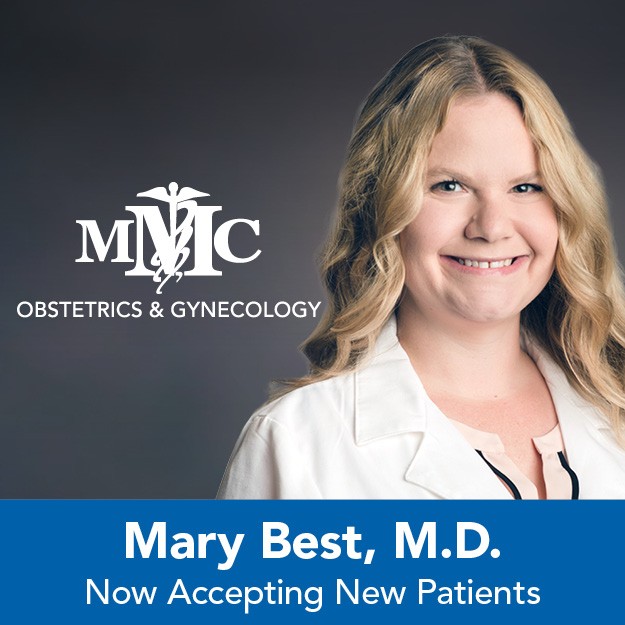Editorial By State Rep. Charlie Baum of Murfreesboro
Health care is a matter of great importance to us all. It should come as no surprise to anyone that access and the ever-increasing cost of care are among the greatest challenges facing our health care system today.
As a member of the Tennessee House of Representatives, my top priorities include lowering health care costs, increasing access to health care and improving health care quality. I co-sponsored three bills with colleagues during the 111th Tennessee General Assembly to work toward achieving these goals. Each passed in the House chamber, but a COVID-imposed recess interrupted negotiations with the Senate before they could become law. I urge Tennessee policymakers to continue working to make these bills become law during our special August legislative session or when the 112th General Assembly convenes in 2021.
House Bill 1699, referred to as the “Telehealth Bill,” provides for the electronic delivery of health care with equal-reimbursement coverage under insurance policies to increase access. This would help those in rural and economically distressed areas without providers. It would also help those socially-distancing due to COVID-19. Some insurance carriers have provided telehealth access in response to COVID-19—and others are doing so temporarily in response to an executive order by Gov. Bill Lee—but not all telehealth options will be permanent without changing our laws in Tennessee.
House Bill 2350, from the CARE Plan, removes barriers blocking health care providers from entering the market in order to increase competition and lower prices for consumers. Currently, most new health care providers must obtain a “certificate of need” (CON) from the state to legally begin providing services. The CON approval process can be—and has been—used to block market entry and restrict access to health care (to benefit existing providers). Even existing providers (e.g., hospitals already in operation) must obtain a CON to expand many services. Where reasonable, this bill relaxes CON requirements and exempts certain facilities and services from this certification process.
House Bill 2680 prevents surprise medical-billing for patients who do not realize they are receiving out-of-network care. Although patients may start in-network, some are referred to out-of-network providers for additional testing and treatment without their knowledge. They soon discover they have received out-of-network care—when their bill arrives with a high co-payment. This legislation prevents that from occurring. Patients would have to be informed that they are being referred out-of-network and sign a statement acknowledging their agreement to receive out-of-network care. Some will respond by searching for an in-network substitute.
Having taught economics at Middle Tennessee State University for more than 20 years, I believe these bills correctly apply economic principles to improve health care by increasing competition, reducing barriers to market entry, and increasing transparency. Furthermore, none of the three health care bills would impose an economically significant cost on the state or taxpayers.
These bills provide three ways to improve health care in Tennessee. I am committed to working with my colleagues in the General Assembly and Gov. Lee on behalf of Tennesseans to get these bills passed.
State Rep. Charlie Baum (R-37th District) is a professor of economics at Middle Tennessee State University. He lives in Murfreesboro and serves on the House Finance, Ways and Means, Education and Consumer and Human Resources committees.
Submitted by State Rep. Charlie Baum
OpEd from State Rep. Charlie Baum of Murfreesboro: Three Ways to Improve Health Care in Tennessee
Sections:
News
